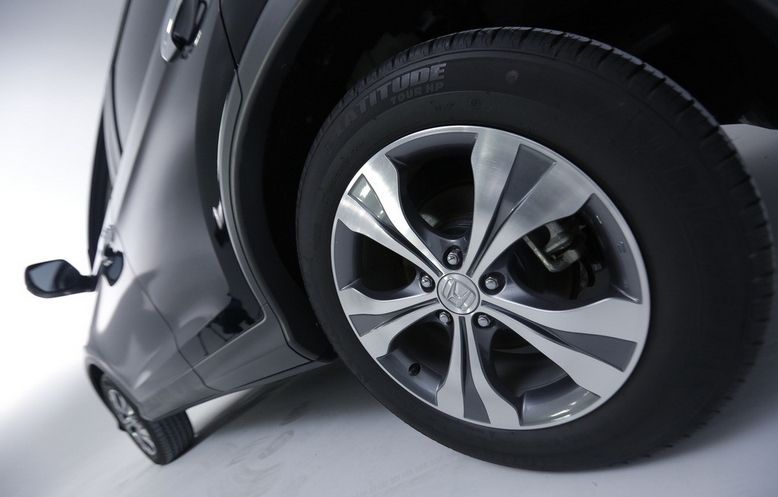How much do you know about brake noises?
Date:2018/3/5 13:42:39
Brake noise can be very disturbing. It is a common complain faced by drivers when they bring their cars into the service workshop. Understandably, drivers tend to view brake noise as a problem with the brake system, and brake pads are typically thought to be the blame for the noise. Brake noise happens when there are excessive vibrations in the brake system. Depending on the type of brake noise, some can be due to vibrations occurring with the other components in the brake systems. Not all brake noise is due to a problem with the brake pad itself.
Brake Squeal
Brake squeal is the most common complain amongst the different possible brake noise. There can be numerous causes for brake squeal. If brake squeal occurs immediately after replacing the brake pads, it is likely due to bedding-in issue, which may just go away after continuing to drive for a while longer. To reduce likelihood of brake squeal due to bedding-in, it is a good practice to skim and clean the surface of the disc rotors during replacement of new brake pads to ensure proper fitment between the surface of the brake pads and the disc rotors. Brake squeal that occurs immediately after replacement of new set of brake pads can also be due to incorrect assembly by the mechanics. More often than not, the use of anti-noise dampers such as shims will solve the brake squeal problem.
Brake squeal can also happen when the movement of the piston in the caliper is restricted. This causes inconsistent pressure to be applied onto the brake pads. If the caliper seal and piston is not damaged, using brake cleaner to clean and lubricate the caliper should improve the noise problem. Otherwise the caliper kit may have to be replaced.
Many brakes squeal occasionally, but if the squeal is consistently present, it could be a due to glazing. Glazing is a condition caused by crystallization of the friction material on the brake pads as a result of being overheated because of abusive use. If the brake pads are glazed, there will be drop in stopping performance. This condition can usually be arrested by using sandpaper to sand off the crystallization on the brake pads and the disc rotors.
Brake Judder
Brake Judder occurs as low and deep noises. They are not due to problems with the brake pads but are rather cause by the disc rotors. When existing disc rotors are used with new set of brake pads, there could already be some damages on the disc rotors. It is likely that the disc rotors have poor tolerances which arise from poor fitment on the hub. This causes the disc rotors to wear unevenly, thus resulting in huge disc thickness variation. In serious cases, vibrations can be felt on the steering wheel. To resolve brake judder, it is advisable to replace the disc rotors.
Brake Grinding
For those cars that have wear sensors, it is likely the brake pads are changed whenever the warning light is on. But for those that do not, it is not uncommon that the wear on the brake pads tends to be overlook. Grinding sound happens because the friction material on the brake pads are worn off, exposing the backing plate to the surface of the disc rotors. This is certainly a cause of concern and should be address immediately as there is a huge potential of braking failure.
